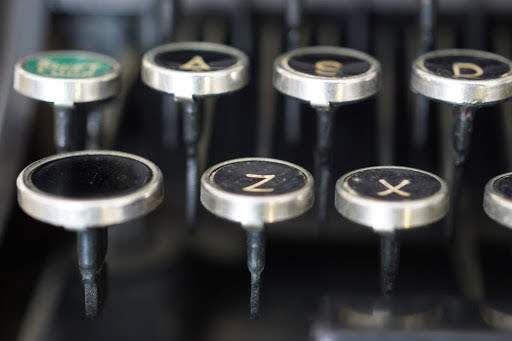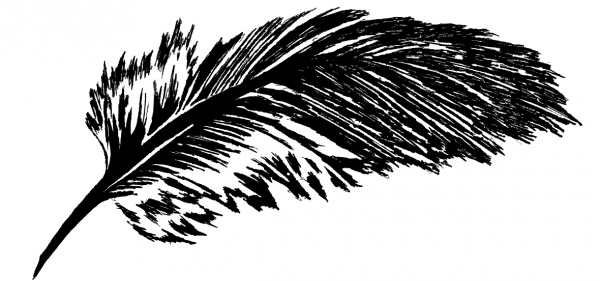
Recently, I have had several conversations with my children that would suggest I don’t feel as old as I think I may actually be. I am a child of the 70s. I grew up on Sesame Street, Mr Dressup, Mr Rogers and the Friendly Giant. I knew the difference between the CBC and PBS, and the difference was simple: when I watched Sesame Street on CBC, the alphabet ended in Zed and the second language was French, while in the same show on PBS, the alphabet ended in Zee and the second language was Spanish. Thus began my sense of Canadian identity, and, as for many of my generation, it was centred on how we talk and spell and how those things proved we were not American.
My kids span the line between the Millennial and Gen Zee generations – and please note that I have to write “Gen Zee”, because if I write it “Gen Z” I will say it out loud as “Gen Zed”. It took most of my childhood years to figure out why the heck a slogan like “EZ-clean” held any meaning whatsoever. And when I did finally clue in, I reconciled it by thinking “well, that’s fine if you’re American, but otherwise it’s just silly.”
More than one of my kids have taken pretty strong exception to my insistence that Canadians call it Zed and not Zee. My stubborn adherence to these subtle speech and language differences apparently causes me to come across as stubborn, petty and chauvinistic. This is not how I want to be described.
But in mild self-defence and an effort to find perspective, let’s consider that in my adult lifetime, I have watched the following creeping changes in the way the Canadians around me speak and write:
- We’ve moved, almost completely, from Zed to Zee
- We call the country to the south of us America,
not the United States - We move, in school, from the 7th to
the 8th grade, not from Grade VII to Grade VIII - We opt to leave out the u in colour, neighbour,
favour, humour, and behaviour. We increasingly choose between US and UK
spelling, and there is less and less tolerance for anything in between.
Canadians have struggled with their national identity as long as the country has been in existence. Hundreds of thousands of words have been written on the subject, coming to all kinds of conclusions ranging from the sincere to the ridiculous:
- there is no such thing, really – it’s political, not cultural
- Canadian identity is whatever makes us not American
- it’s about hockey, poutine, and Tim Hortons (which was, ironically, absorbed by American corporate interest)
- it’s about balancing unity with inclusion and diversity
- it’s about being polite and apologetic
- it’s about being liked internationally
Recognizing the complexity of the question of Canadian identity, my simple aim here is to come to terms with “Zed vs Zee” in a way that will make me a better person. And that’s it, really: how does being Canadian make me a better global citizen?
Being Canadian is important to me because I have a life-long belief that my country stands up for decency. To me, being a decent human being means understanding my place in the world as a global citizen, as a member of the most powerful and influential species on the planet. We’ve heard it many times: “With great power comes great responsibility.”
It will take me a long time before I stop cringing when my kids say “Zee” and refer to “the 10th grade,” but I will get there. I will bite my tongue when they tell me about something they heard happening “in America” or if they spell colour without a U. I will let these things go in favour of promoting good citizenship within and beyond our national borders.
When I dig deep, what I really want is for the next generation to understand how things work in Canada and how Canada’s relationship to the rest of the world matters more than how we “identify” as Canadians. I want them to appreciate the privileges that living here affords us. I want them to vote and to exercise their right from an informed place and an impassioned state of mind. I want them to remember that of all the species on the planet, human beings hold the most power over, and thus the greatest responsibility for, life on Earth.
Our national identity is useful only to the extent that it makes us better people. Ultimately, if being Canadian means that I strive to be a decent human being, I’m all for it, regardless of how we get from A to Zed. Namaste.

